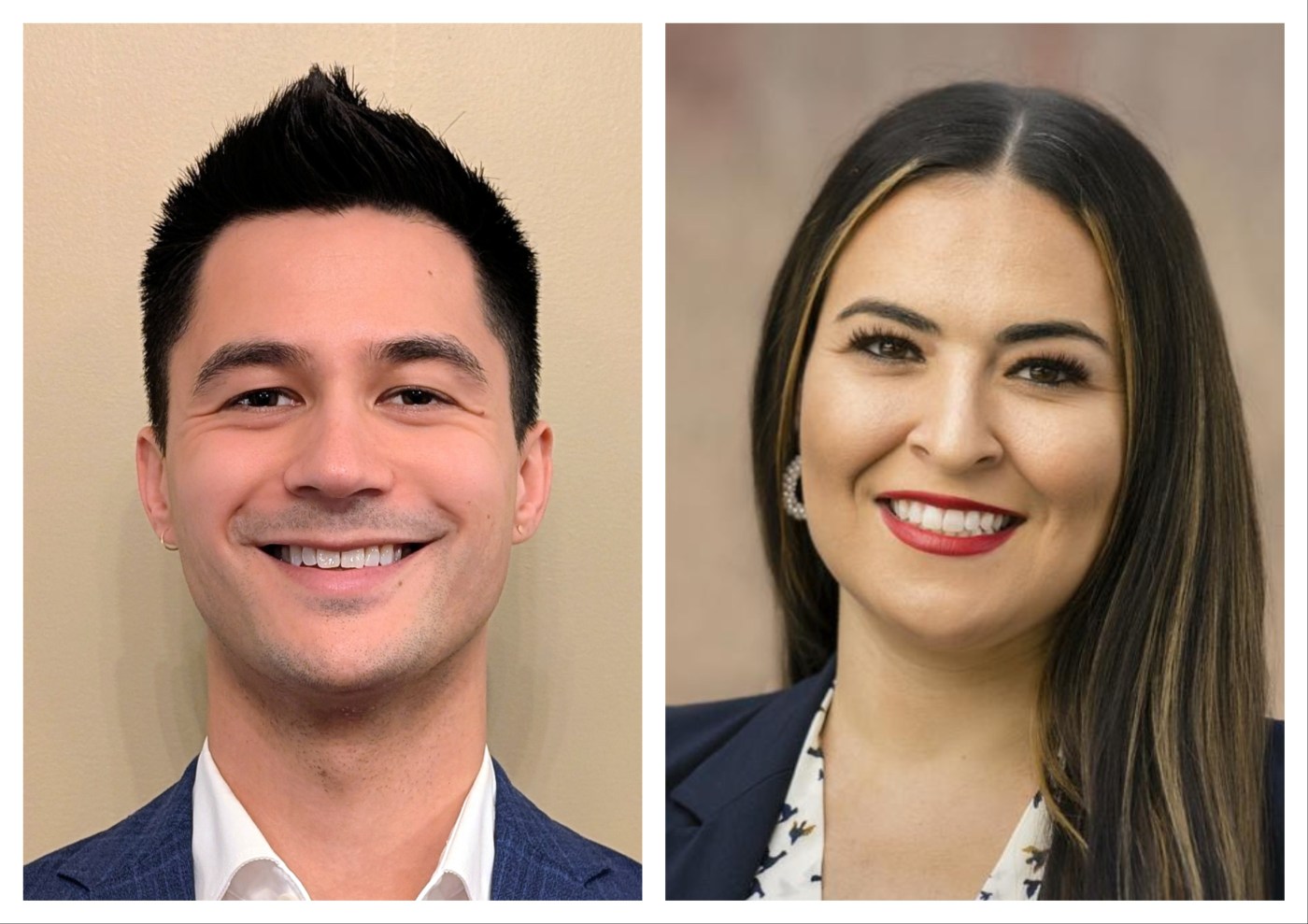San Jose calls itself the “Capital of Silicon Valley” and was ranked by WalletHub this year as the second happiest city in the United States.
But, like much of the Bay Area, California’s third-largest city also struggles with housing affordability, homelessness, public safety and post-pandemic revitalization of its downtown.
As San Jose leaders look to change that, voters in District 3, which covers the downtown core, will be filling an unexpected City Council vacancy in a special June 24 runoff election.
The district’s 47,000 registered voters will have a choice between Anthony Tordillos, chair of the San Jose Planning Commission and a software engineer at Google, and Gabby Chavez-Lopez, executive director of the Latina Coalition of Silicon Valley, a downtown-based nonprofit.
The candidates have similar positions. But in this race, ideas, details and experience are also very important. That’s what makes Tordillos the superior candidate.
Tordillos would provide District 3 residents with a strong and articulate voice on the City Council. He is a detail-oriented, data-focused policy pragmatist who, as a planning commissioner, has direct, recent and relevant experience to help navigate the one problem at the confluence of many of the city’s problems: housing.
What’s at stake in this election is more than District 3’s representation; it’s also the city’s overall direction. The winner will likely cast decisive votes on key issues facing San Jose’s narrowly divided City Council, which for the last two years has been split between moderates aligned with Mayor Matt Mahan and public-union-backed councilmembers.
District 3 voters will pick someone to fill the last 18 months of the term of Omar Torres, who quit on Nov. 5, halfway through his term and hours before he was arrested on suspicion of child molestation, for which he was later charged and pleaded no contest.
The April 8 election to replace him ended with no candidate receiving a majority. Chavez-Lopez finished first with 30% of the 9,107 votes cast. After a recount, Tordillos captured second place, with 22%, qualifying for the runoff by edging out the mayor’s deputy chief of staff, Matthew Quevedo, by six votes.
What separates the two surviving candidates isn’t the problems they want to solve. Tordillos and Chavez-Lopez largely agree on San Jose’s issues. They both believe homelessness remains too rampant; housing, too expensive; building, too bureaucratic; downtown, too blighted; and the feeling of safety, too distant.
And at the 30,000-foot view, both Tordillos and Chavez-Lopez agree on many of the solutions.
Related Articles
San Jose school district parcel tax continues to trail
San Jose seeks a way to win public buy-in for parks spending
Santa Clara County will decide whether to implement ranked choice voting later this year
San Jose special election could have major implications for city
Editorial: Voters should reject San Jose Unified’s latest tax measure
They both say that the unhoused need less criminalization and more mental health care; more housing needs to be built; construction approvals need to be streamlined; the California Environmental Quality Act, or CEQA, needs to be reformed; downtown needs revitalization; and the Police Department needs to fill its open jobs, speed up response times and rely more on non-sworn employees to handle some problems.
But when you drill down, Tordillos sharply distinguishes himself. Tordillos, who moved to the city in 2018 and has been co-president of the South University Neighborhood Association since 2022, can identify exactly what parts of the planning process need change to juice construction.
That’s not surprising given his experience. As he notes, “I’m the only candidate in this race … who has worked with city staff to get policy passed in terms of housing, land use, homelessness and economic development.”
Not only has he read the latest RAND research identifying the obstacles to lowering the per-unit cost of housing, but he can point you to its most realistic, actionable takeaways. For example, Tordillos notes, buildings are constructed faster in Texas cities, in part because inspections are conducted simultaneously not sequentially. That little difference adds up, he argues.
Chavez-Lopez, who served on Santa Clara County’s Planning Commission from 2020-22, doesn’t provide the same sort of specificity. She offered that she has the community-building skills to get things done. She works with people, not data, she says. A lack of communication and coordination within the city and across the region’s patchwork of overlapping jurisdictions are the core problems, not ideas.
Whoever wins this race will take office in July and will have to hit the ground running to make an impact before the 2026 election. Tordillos is best positioned to do just that.
Key election dates
• Week of May 26: Vote-by-mail ballots will be sent to voters.
• June 9 is the last day to register.
• June 17 is the last day to request a vote-by-mail ballot.
• June 24 is Election Day, the last day to cast a ballot in person or have it postmarked.





